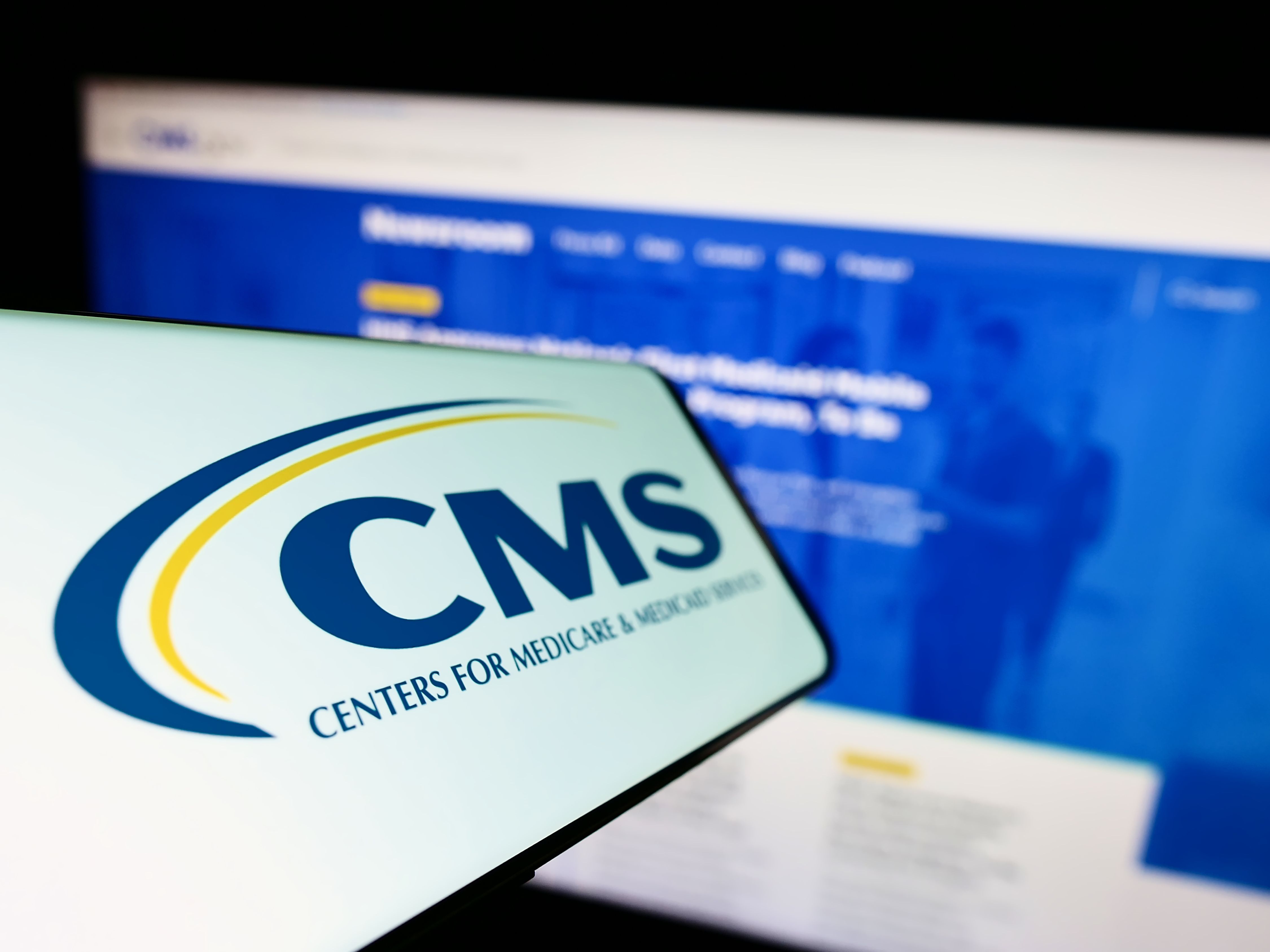Article
Financial Problem Solved! "I've got this 401(k) loan. . ."
Do I have to repay it before I change jobs?
FINANCIAL PROBLEM SOLVED!
"I've got this 401(k) loan . . ."
Problem
Last year, I took an $80,000 loan from my 401(k) to purchase a house. However, I'm currently interviewing for a new position elsewhere. Do I have to repay the loan before I change jobs? What do I do with my 401(k) plan when I take a new position?
Solution
You need to investigate the terms of your current employer's plan to find out whether you have to repay the loan before leaving. Since you have more than $5,000 in your account, the plan must allow you to keep the account open after you move on to a new job. But it may also allow you to continue your existing loan and make repayments after you leave.
The best way to determine the provisions of the plan without tipping your hand that you're looking for another job is to check the Summary Plan Description (SPD) provided to all plan participants. If the SPD isn't that specific, contact the plan company's customer service department.
Regardless of the repayment terms, however, you will probably not have to return the full $80,000. Part of that money is considered a taxable distribution, not a loan. That's because you can't borrow more than $50,000 from a qualified retirement plan. The loan limit is even lower if your "nonforfeitable accrued benefit" (essentially your contributions plus the vested portion of your employer's contributions) is less than $100,000.
Since you exceeded the maximum loan amount by at least $30,000, I assume that you paid taxes on the additional cash when you received it, as well as a 10 percent penalty for premature distribution if you're under age 5912. If that money was taken from your own vested contributions, and you paid taxes when you received it, it's considered a deemed distribution. As for the portion considered a loan, normally you'd have to repay that within five years to keep it from being deemed a distribution, too. But you're eligible for a longer term as long as the loan was used to purchase a principal residence, has commercially reasonable terms, and is adequately secured.
However, if you find that you need to repay the loan immediately because your plan won't allow you to continue it after you leave your job, a home equity loan would be a logical and tax-wise source of cash. Other sources would be a relative, a personal line of credit from a bank, a margin loan against securities owned, a loan against the cash value of a life insurance policy, or a sale of assets or securities. (Be careful not to trigger a gain on the asset sale.)
If your new employer offers a 401(k) plan and it allows for rollovers and loans (not all do), you might be able to re-establish the loan with the new employer's plan. In essence, you'd roll your account balance into the new employer's plan, take out a new loan in that plan, and pay off the old loan with the proceeds. However, not all plans accept rollovers immediately; some stipulate that you must be employed for a period of time firstsometimes up to a year. You can also roll over your account into an IRA, but you'll still have to repay the loan.
I have often seen employees in your situation choose to not repay the loan. Instead they take it as a taxable distribution and roll over everything else. This is rarely the most prudent option from an investment or tax standpoint, but if you're strapped for cash, you may have no alternative.
This issue's problem solver is Mark W. Miller (mmiller@kolbco.com), CPA, an investment adviser with Kolb & Co. Financial Advisers in Milwaukee, WI. Financial Problem Solved! is edited by Senior Editor Leslie Kane.
Do you have a question you'd like a financial adviser to address? Please submit it via e-mail to Solved@medec.com, or by regular mail to Medical Economics, 5 Paragon Drive, Montvale, NJ 07645. ATTN: Financial Problem Solved! If we select your query, we'll address it in an upcoming issue. Your name will not be used.
Leslie Kane. Financial Problem Solved!
Medical Economics
Sep. 19, 2003;80:68.





